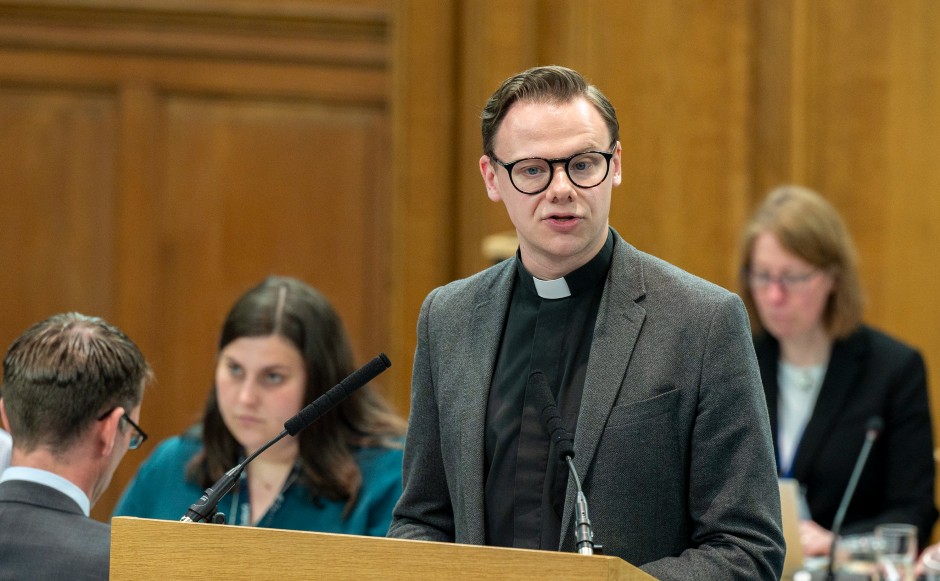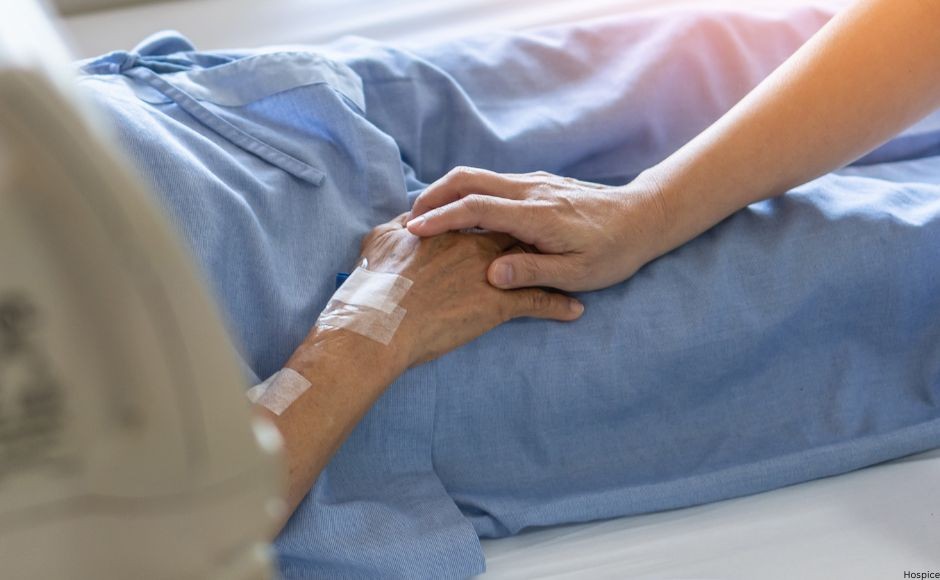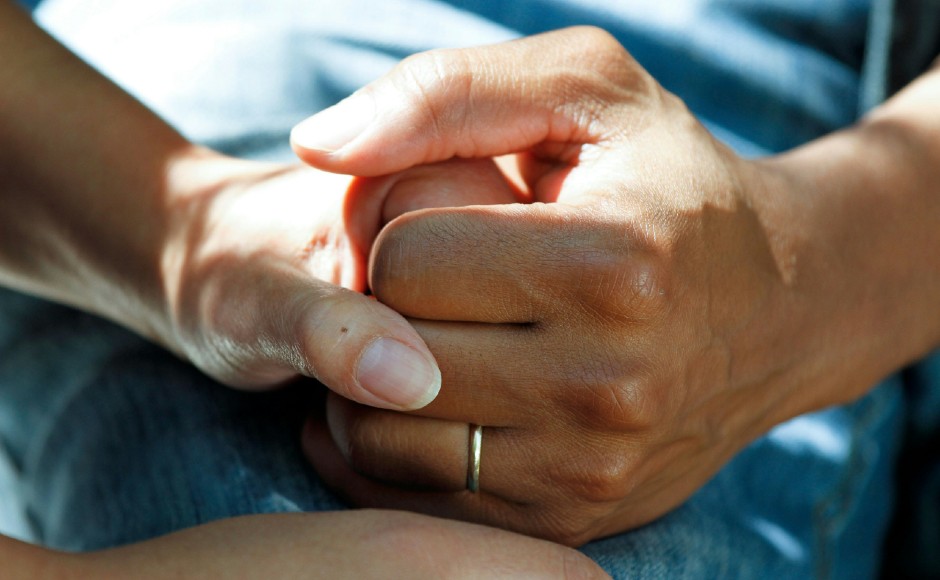Transgender people are loved by God and welcome in the Church
Published on 20 May 2024 3 minutes read
All people are made in the image of God including transgender people who are worthy of respect and love.
The General Assembly this afternoon endorsed a report brought forward by the Theological Forum which also stated that the group are part of the Church and should not be prohibited from becoming members or holding office.
It urged the exercise of charity and grace on all sides in the handling of this debate as rhetoric directly impacts real people.
"Currently, there is no consideration of sex or gender for anyone joining the Church of Scotland, or holding office as an elder, reader, deacon, Ordained Local Minister or Minister of Word and Sacrament," the report stated.

"In the view of the Theological Forum, this situation is right and should not change.
"To exclude a category of people because of their gender identity would be biblically and theologically illegitimate and the current system of assessing gifting and calling on an individual basis should continue."
The Theological Forum stressed that the report does not reflect on the place of transgender people in Scottish society, their rights under civil law or the relation of these rights to those of others.
In 2016, the General Assembly backed a decision to promote learning and awareness of the issues transgender and gender non-conforming people experience.
The Church worked in partnership with the Scottish Trans Alliance to produce a pastoral support booklet called Diverse Gender Identities and Pastoral Care.
It is a collection of stories from trans people and their family members in Scotland connected to the Church, and includes a number of questions for further reflection.
Transgender voices
Speaking this afternoon about the Theological Forum's report, convener Rev Dr Liam Fraser said that in addition to the pastoral care resource, the General Assembly previously endorsed a memorandum of understanding against so-called conversion practices, practices that seek to coerce people into changing their gender identity.
"The Theological Forum, after consultation with Legal Questions and the Principal Clerk, decided that further theological work was needed to clarify the Church's policy towards transgender people, and this work was approved by last year's Assembly," he added.
"It is important to stress at the outset that this report is not about the place of transgender people in Scottish society, the rights of transgender people under the civil law, or the relation of these rights to those of others, but purely about the place of transgender people within the Church of Scotland."
Dr Fraser said the Theological Forum was clear that the voices of transgender people would help shape the contents of the report.
"We have spoken with transgender Christians and have also spoken with a Christian de-transitioner, someone who transitioned in the past, but has now de-transitioned back to their birth gender," he said.
"Despite a wide range of theological and political views being present on the Forum, we are unanimous in reaching the following conclusions.
"First, building on the Church's existing statements on transgender people, we believe that transgender people should be loved, and respected, and welcomed in our congregations.
"It is the foundation of Christian ethics that all people are made in the image of God, and are worthy of our respect and love, and this is true of transgender people also.
"Yet second, and based on our exploration of gender in the Bible, the Forum is also unanimous in believing that transgender people should not only be welcomed in our church, but allowed to serve in our Church.
"That the Church should not treat transgender people differently from others, but after considering their giftings and callings, should admit them to office if we believe God wills it.
"By focussing on the importance of welcome, and the ability of God to use every Christian for service, we believe our report offers the Church a route through a debate that has, at times, become toxic, and allows us to model a better way of engaging with issues of gender.
"Because in these days when we as a Church are building for the future, we need to make sure that it is the Lord that is building the house.
"That it is the Triune God of Father, Son and Spirit - confessed in our creeds and confessions, yet experienced most fully when we live in love - that is building us up.
"That in our doctrine and our practice, we are both faithful and kind, speaking the truth, yet speaking it in love.
"It is our hope that our report and our proposals make that building up a little easier."


